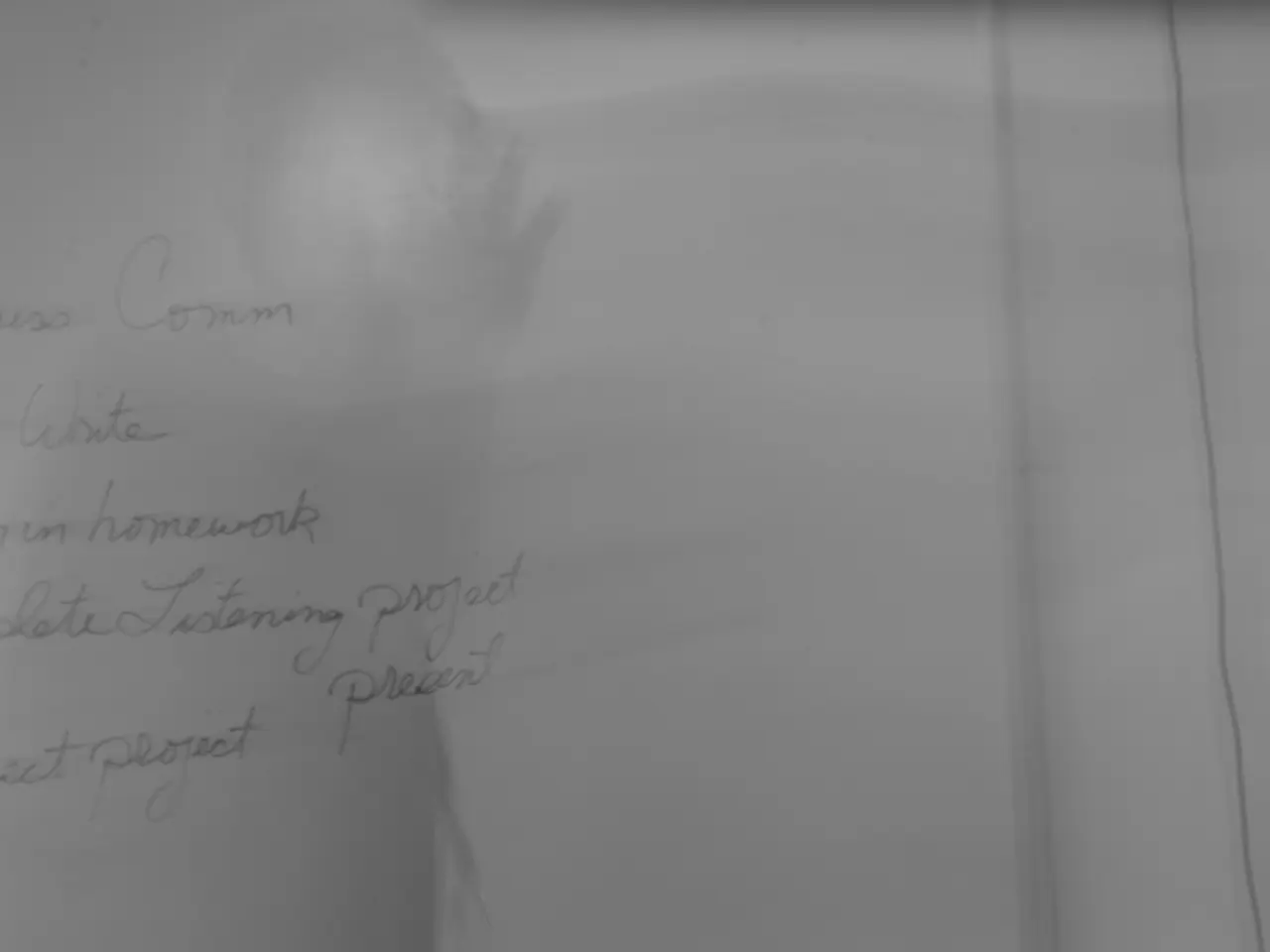Easing Regulations for Transitioning Private Infrastructure Investment Trusts (InvITs) to Public Status, Proposed by SEBI
In a move aimed at enhancing operational flexibility and encouraging public listings of Infrastructure Investment Trusts (InvITs), the Securities and Exchange Board of India (SEBI) has proposed significant revisions to the minimum-contribution and lock-in-period norms for sponsors and non-sponsors of privately listed InvITs.
The key changes include the removal of the existing minimum sponsor contribution requirement of 15% of the units offered to the public or 15% of the post-issue capital, whichever is higher. This means that the mandatory minimum sponsor contribution norm will no longer apply when converting a privately listed InvIT into a public InvIT.
Additionally, SEBI has proposed to omit all provisions related to lock-in requirements on both the minimum sponsor contribution and the units held in excess of the minimum contribution at the time of conversion from private to public InvITs. This move is expected to promote market liquidity and investor participation by making InvIT units more tradable.
Institutional investors in a private InvIT, such as mutual funds, pension and provident funds, insurance companies, may not be subject to lock-in due to their scheme offer documents and investment guidelines. However, the removal of lock-in for non-sponsors is aimed at further promoting market liquidity and investor participation in InvITs.
It is important to note that the removal of lock-in for non-sponsors may not apply to all types of InvITs, including privately listed and public InvITs. The SEBI paper does not provide any details on how the removal of lock-in for non-sponsors will be implemented or enforced.
Examples of privately listed InvITs in India include Cube Highways Trust, backed by private equity firm I Squared Capital, and Highways Infrastructure Trust, sponsored by PE giant KKR. The National Highways Authority of India (NHAI), the sponsor of the National Highways Infra Trust, which counts Canadian pension funds CPPIB and Ontario Teachers' Pension Plan as its key investors, is also considering launching a new InvIT that would be open to retail investors.
Public InvITs, which are listed on stock exchanges and can widen their investor base by issuing units to retail investors as well, will benefit from these changes. However, the paper does not discuss any potential impact of these changes on the retail investor base for public InvITs.
The SEBI paper also mentions the introduction of perpetual unitholding requirements for sponsors and sponsor groups in August 2023 for InvITs. The imposition of lock-in on InvIT units is said to make them non-tradable and hinder the objective of increasing market liquidity and investor participation, which these proposed changes aim to address.
The consultation paper issued by SEBI on Tuesday reviews the framework to convert privately listed InvITs to public InvITs. The aim is to create a more conducive environment for the growth and development of the InvIT sector in India.
The proposed changes by SEBI omits the lock-in requirements for non-sponsors, aiming to boost market liquidity and investor participation in real-estate focused Infrastructure Investment Trusts (InvITs). Furthermore, these revisions may encourage businesses to invest in, or convert their privately listed InvITs to public InvITs in the finance sector, due to the removal of certain minimum contribution and lock-in norms.




